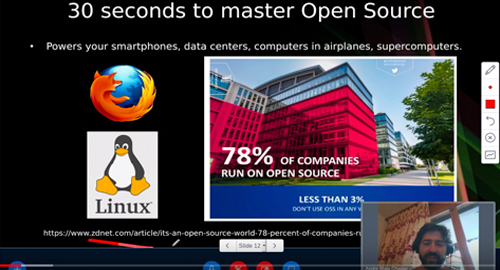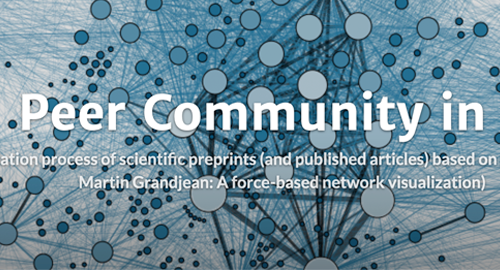Aravinth Panch, A2P team member and co-founder of DreamSpace Academy in Batticaloa, helped Sri Lanka Institute of Nanotechnology (SLINTEC) Colombo to develop a rapid test kit for COVID-19 as reported in newspapers in Sri Lanka.


Aravinth Panch, A2P team member and co-founder of DreamSpace Academy in Batticaloa, helped Sri Lanka Institute of Nanotechnology (SLINTEC) Colombo to develop a rapid test kit for COVID-19 as reported in newspapers in Sri Lanka.

Imagine: from your taxpayer’s money, you pay for the highways in your country. And then imagine a company would come along, put up a toll gate and charge you so much money that only the richest cars could afford to use this highway. We would never allow this to happen on our roads, would we? But then why are we allowing this to happen to our scientific knowledge?

During the current SARS-COV-2 pandemic, the scientific approach is ostensibly unable to keep up with the rapid pace at which the crisis is spreading. After developing a research idea, it usually takes years to publish the results. Now, however, things need to move faster. One more reason to embrace open…

[originally published at opensciencemooc.eu] We are deeply saddened by the sudden death of our colleague Dr Jonathan (Jon) Tennant. Jon was a visionary, deeply committed to making science accessible to everyone. For years, he worked tirelessly to make the world understand the urgency of the issues, writing prolifically and sharing…

Cite as: Havemann, Jo, Bezuidenhout, Louise, Achampong, Joyce, Akligoh, Harry, Ayodele, Obasegun, Hussein, Shaukatali, … Wenzelmann, Victoria. (2020). Harnessing the Open Science infrastructure for an efficient African response to COVID-19 [preprint]. doi.org/10.5281/zenodo.3733768 Authors Core team: Jo Havemann, 0000-0002-6157-1494, Access 2 Perspectives & AfricArXiv, Germany Louise Bezuidenhout, 0000-0003-4328-3963, Oxford University, AfricArXiv & Access 2 Perspectives, South…

Scientists often run three or more highly complex projects in parallel. On top of that, a growing number of publishers and funding agencies require scientists to make their raw data available upon publication according to the four foundational principles – Findability, Accessibility, Interoperability, and Reusability (FAIR). To ensure goal-oriented and…

We are inviting you for a virtual collaborative writing sprint around Scholarly Communication and soft skills development for researchers. Agenda: board.net/p/A2P_COVID19-Quarantine_OpenScience-sprint Facilitated by Access 2 Perspectives team membersTopics: access2perspectives.com/topics/Contact: (Jo Havemann)Licensing: CC-BY 4.0 Access 2 Perspectives // see Procedure Under each topic of the day (e.g. day 1: Open…

The following interview was originally published at zbw-mediatalk.eu and licensed under Creative Commons BY 4.0. Enjoy the read! Fostering transparency, open access and global dialogue in research are crucial to deal with local as well as with global challenges like the ongoing climate change. Practiced open science allows for more…

The first webinar of the Open Science MOOC focused on Module 5: Open Research Software and Open Source and was pesented by our team colleague André Maia Chagas. View the slides of this presentation at zenodo.org/record/3242340 Cite as: Maia Chagas, Andre. (2019, June). Bringing science to the 21st Century: Open…

A couple of days ago on May 15th in Leipzig, Germany at the Mx Planck Institute for Evolutionary Anthropology (MPI-EVA), Corina Logan had invited Denis Bourguet and Thomas Guillemaud from Peer Community In to give a seminar on their non-profit service to science: A researcher-run solution to improving science and…